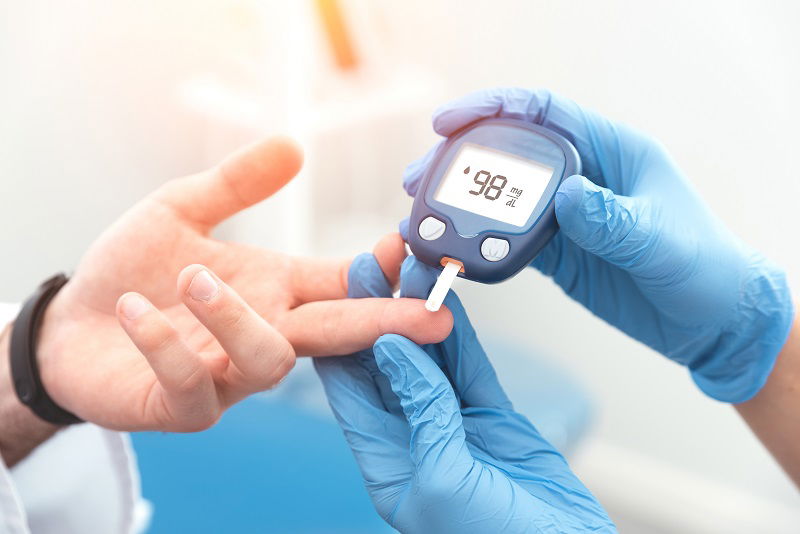The human body is amazing. One of the intriguing aspects of how the body works is that everything is connected?and one part affects all of the other parts. Researchers are still learning new ways that various body systems are connected. One connection you may not know about is that hearing loss and diabetes are linked. Here?s how.
How diabetes can contribute to hearing loss
Researchers believe that high blood glucose levels from untreated or poorly managed diabetes can weaken the ear?s blood vessels, as well as the nerve cells (or ?hair cells?) in the inner ear. The hair cells rely on good blood circulation, just like other parts of your body. Once the hair cells are damaged or die, your hearing is permanently affected.
Although most people are not aware of the connection between diabetes and hearing loss, studies make it clear that both conditions are common and often go hand-in-hand. One study by the National Institutes of Health revealed that people with diabetes are more than twice as likely to have mild to moderate high-frequency hearing loss than those without diabetes.
This finding was confirmed by researchers who conducted a meta-analysis of 13 studies involving more than 20,000 participants. They found that diabetics are more likely to have hearing loss than those without the disease, regardless of age.
How diabetes and balance are connected
Diabetes can affect your balance as well. This is because diabetes can damage small blood vessels in your inner ear and your vestibular system, which is the part of your ear that helps with balance. As a result, you may be at a greater risk for dizziness and falls.
How to protect your hearing
While you cannot stop the connection between diabetes and hearing loss, you can do your part to manage your diabetes and protect your hearing. Here are a few ways you can do so:
- Control the ABCs of diabetes. These are three key steps to managing your diabetes that can help to lower your risk for heart attack and stroke. Well-controlled diabetes can also lower your risk for hearing loss.
- Become educated about diabetes. Learning how to control your blood sugar, how to get healthy exercise, and how to eat right can all be helpful in managing your diabetes and preventing associated conditions like hearing loss.
- Get your hearing tested annually. This is a good idea even if you do not have diabetes.
- Maintain a healthy weight. Extra weight makes it more difficult for your heart to effectively pump blood throughout your body and provide good circulation, including to your ears.
- Get active. Even a moderate amount of daily exercise can help to improve circulation and blood flow. Speak with your doctor about what type of exercise is right for you.
- Protect your ears from excessive noise. If you are in a loud environment like a concert, working with machinery, doing yardwork, or other places where noise may be excessive, wear protective headphones or earplugs. Turn down the volume of the television, car radio, and personal listening devices.
Taking these steps can help you control your diabetes and lower the risk of hearing loss. For more information about the connection between diabetes and hearing loss, we welcome you to contact our practice today.




